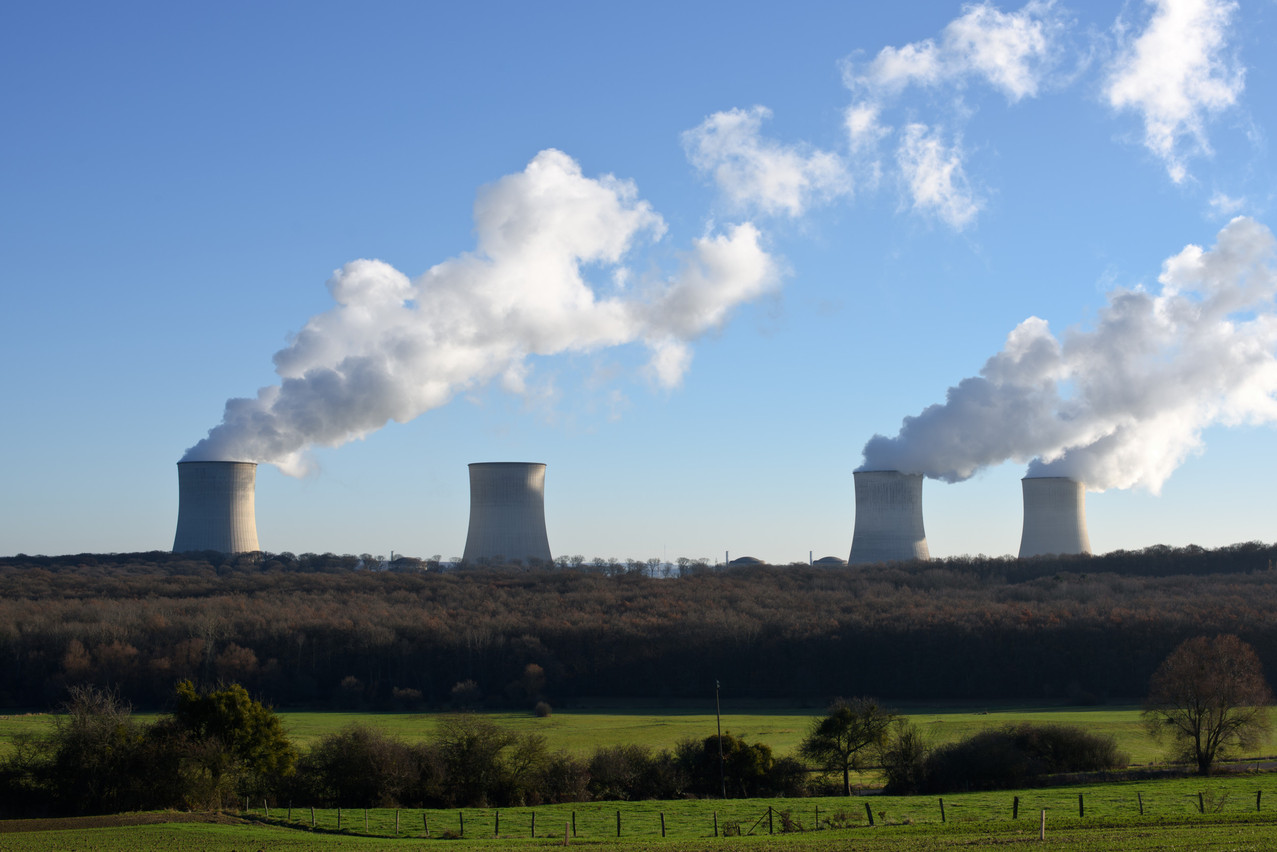Energy minister Claude Turmes and environment minister Carole Dieschbourg (both Déi Gréng) signed the letter alongside Denmark, Austria and Spain. It argues that the EU taxonomy has already become a reference for countries outside of the union, but will be discredited should nuclear and gas power sources be included as sustainable energies.
The European Commission on 31 December 2021 had leading anti-nuclear countries like Austria and Luxembourg to consider a legal challenge in case it is adopted.
“The commission proposal puts the energy transition in the EU and globally at risk,” reads the letter, “by classifying gas and nuclear as sustainable, de facto granting them the same treatment as unquestionable green technologies such as wind and solar energy.” The signatories also say they consider this move a step backwards, both on a political and technological level.
“Natural gas and nuclear power do not meet the legal and scientific requirements set in the Taxonomy Regulation to qualify as sustainable economic activities,” the politicians say. Citing the Chernobyl and Fukushima disasters, they argue that nuclear power is too risky, adding that there are as of today no effective active waste disposal solutions. Natural gas, with a contribution of 270g CO2/kwh is also far above scientific emissions recommendations.
While Luxembourg says their inclusion in the EU taxonomy would be counterproductive and deceiving of investors aiming to embark in truly sustainable investment movements, some reacted on Twitter--where --that the country is for its energy supply.
A published on 20 January shows that the country’s sustainable energy consumption only accounts for 11.7% of its overall use so far.
The country has, however, joined the EU-wide aim of decreasing its greenhouse gas emissions by 55% for 2030, despite between 2008 and 2020.
Read also
